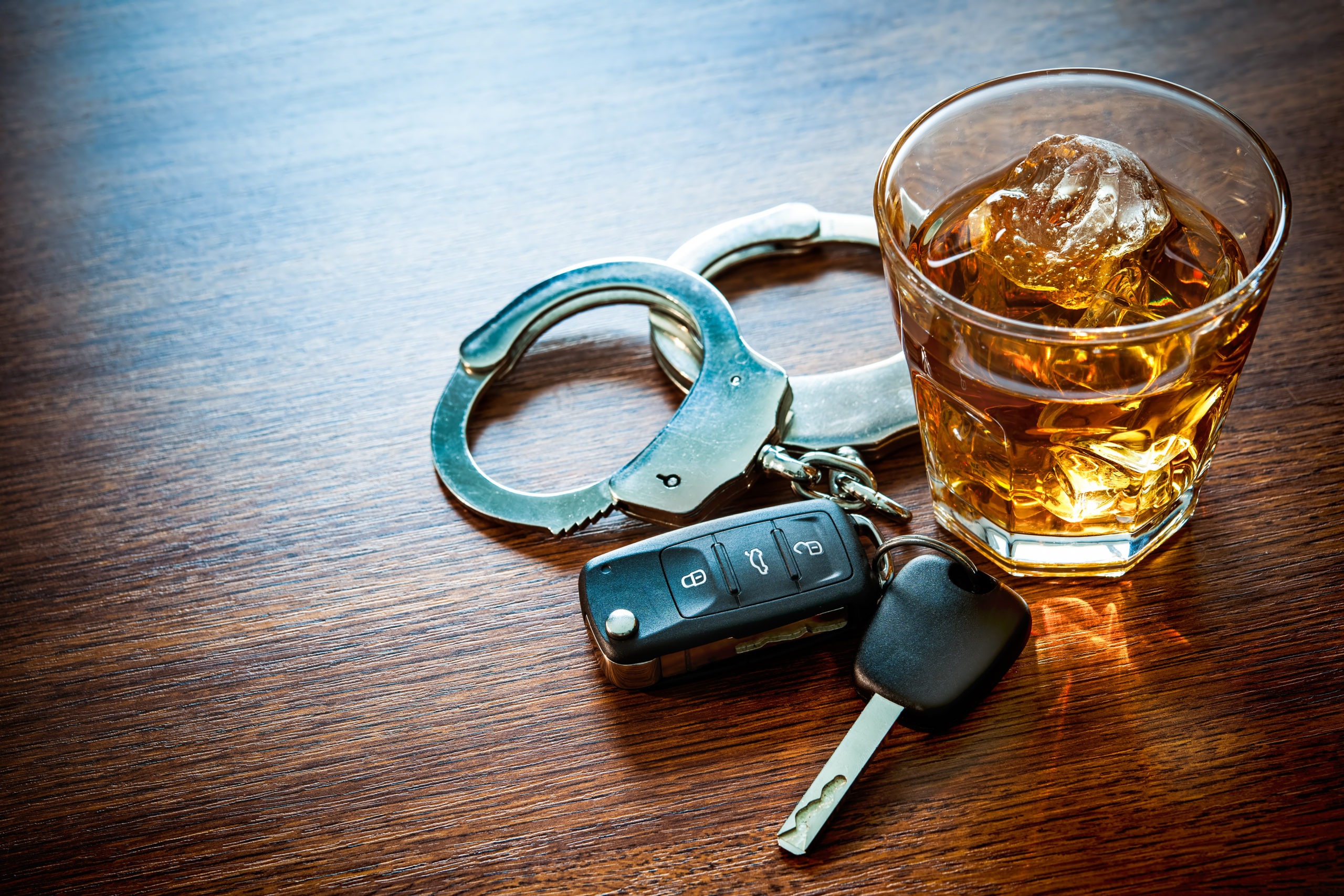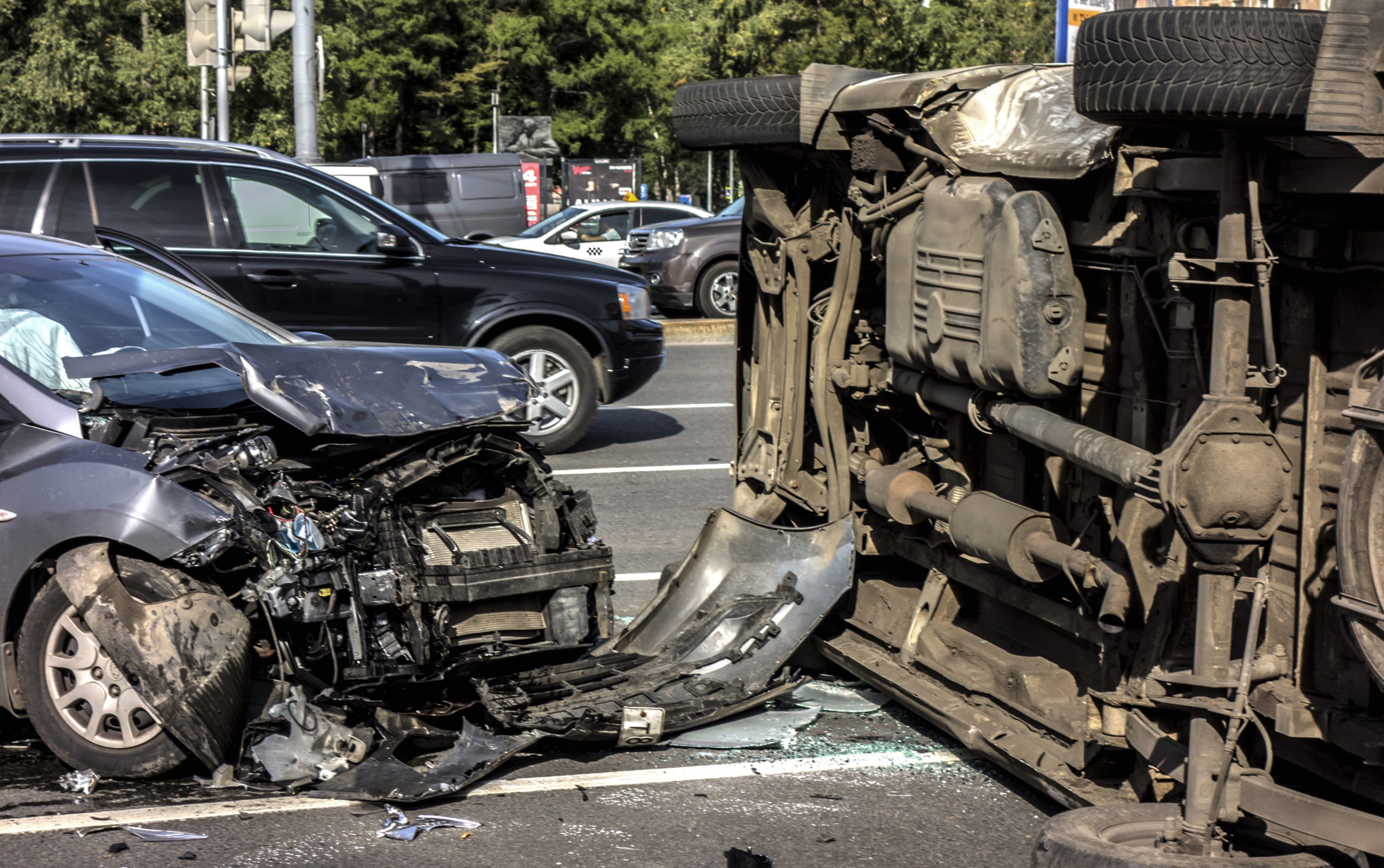Although there’s been a reduction in car accidents for the past few years, the number of accidents due to drunk driving is still high and alarming. Many lives are being lost as a result of these, so there have been a lot of awareness campaigns, educational programs, warnings, and punishments for this violation.
But has this changed anything? Somewhat. Deaths due to car crashes have been cut in half, but it’s important to note that fatalities still average around 10,000 per year. It’s a high number, and more still needs to be done.
How Much Risk Is Involved?
Could it be that despite all of the awareness programs, drivers are still unaware of the magnitude of risk they put themselves and others in by choosing to drive while intoxicated?
Are you aware of these consequences? If not, this article would go over some of them. And hopefully, you’ll be forced to make a decision and you’ll choose not to drink under the influence.
After having a few drinks, it’s very easy to think that just because you can still walk straight and see clearly, you should be able to drive. The difference, though, between walking and driving is that on the road, you might have to make on-the-spot judgments and actions to keep you and your passengers safe.
Alcohol impairs your ability to make those decisions fast enough; and when you’re on the road, every minute counts. It could be what determines whether you get home alive or not. Having a blood alcohol concentration (BAC) above 0.08 could increase your chances of being involved in a car crash by around 12 times.
What If Your BAC Is Under 0.08?
You might think that just because your BAC falls under the legal limit, then you’re okay to drive. Legally, you are, but the law won’t protect you from crashing into another vehicle on the road. You don’t have to wait until you’ve failed a field sobriety test for you to decide against driving while drunk.
Supposed you weigh 140 to 160 pounds and you take in around twelve ounces of beer an hour. This will usually place your BAC within the 0.04 to 0.05 range, which is well below the legal limit. Would you be safe on the road? Not quite. In fact, your chances of being in an accident have increased by at least 1.4 times compared to when you’re sober.
So, when you consider your conduct when you drive after drinking, it’s not enough to look at the legal limit. What matters most is the alcohol will slow your brain down if you have to respond fast, and it might make you quite unsteady on the road, increasing the risk for vehicular incidents.
Consequences Of DUI
If you get arrested for driving under the influence (DUI), the ramifications can be grave. Although you should be happy you made it out alive this far, most states won’t take lightly this offense because of the risk it places you and other people at. How your case will be treated will depend on several factors, including your BAC and who you have with you in the vehicle. If your passengers include children, then the judgment might be considerably sterner.
Although you can’t accurately foretell how a court will handle your case, chances are your judgment will include one or more of these penalties:
1. Jail Time
If you’d rather spend your evenings catching up with your favorite shows on your couch than being cooped up in a tiny cell, then drunk driving isn’t for you. You could be faced with jail time if your DUI offense is considered serious enough at the court’s discretion.
2. Fine
If you’re not sent to jail, then you could still stand the risk of paying a hefty fine under the court’s ruling. In some instances, the fine won’t be that much, depending on how low your BAC was as well as how many other people were placed at risk as a result of your action.
Your fine depends on which state you’re in as well as how sternly the place regards drunk driving. The unpredictability of everything, once it gets to court, makes it best to just stay away from driving under the influence altogether.
3. Driver’s License Revocation
It’s unwise to risk your ability to drive again after one reckless day of drinking. The court might decide to revoke your license and render you banned from driving for the rest of your life. Driving requires responsibility and a court might decide you’re not responsible enough to make decisions that protect either you or other people on the road.
4. Ruin Your Track Record
Some employers are going to want to know whether or not you have a criminal record. If they conduct a background check, then you should believe they’re going to find out about any DUI offenses you have committed, and it’s not going to look good.
Your decision to have one or two drinks could have long-term and far-reaching consequences. As much as possible, see to it that your track record won’t be tainted by abiding by the law and discerning whether you can drive or not.
5. Increased Auto Insurance Rates
Once you become a DUI offender, you immediately become a high-risk driver and your insurance rates will go up. You can say goodbye to your current auto insurance rates and hello to new, hefty ones.
Also, the government will now more likely want you to have an updated SR-22 with you to prove you’re keeping up with your now expensive auto insurance bills. The process and the expenses involved will exhaust you.
Conclusion
Your definition of a good time should include being alive to talk about it afterward. It certainly also involves making sure you’re not thrown in jail after or you don’t end up in court as a result!
Your decision to drink before driving might sound like a good idea and even fun at the time, but it could cost you everything if even the slightest things go wrong while you’re driving.


